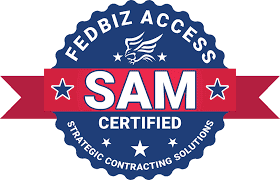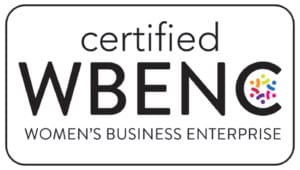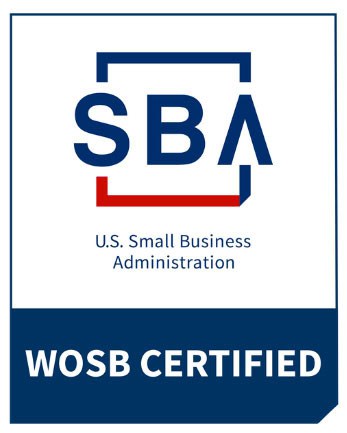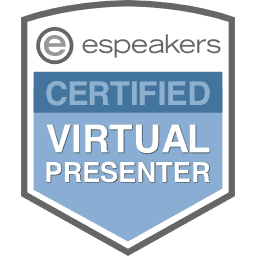You’re watching Chicago’s very own WGN News. While we often think of bullying as a schoolyard problem, workplace bullying can be a significant issue for some people. A therapist joins us today to help identify the signs and discuss ways to prevent it.
We all have people at work who annoy us or get under our skin, but these annoyances can sometimes escalate to the level of bullying. So, how do you know when certain mistreatment has crossed the line? Joyce Marter, a psychotherapist and the CEO of Urban Balance—a counseling practice with more than 70 therapists in seven locations throughout Chicagoland—joins us to explain. Joyce, thank you for being here.
Joyce explains that bullying is the repeated, health-harming mistreatment of one or more persons by one or more perpetrators. It can involve a single bully or a clique. Although we may have thought high school was over, workplace bullying can feel like a repeat of “Mean Girls.”
She further clarifies that while bullying is not illegal, harassment is. Harassment is a federal offense involving unwelcome behaviors related to sex, religion, color, race, or other protected characteristics. In contrast, bullying can often be more covert, such as glaring at someone or excluding them—behaviors that are mean but may not fall under legal definitions of harassment.
When asked what to do about bullying in the workplace, Joyce advises against being either a “diva” or a “doormat.” She suggests finding your voice and addressing the issue directly with the person using appropriate, diplomatic language that shows respect for both yourself and the other person.
Despite the common sense of this advice, many people hesitate to confront bullies. Joyce notes that people may fear losing their jobs or feel intimidated, especially if the bully is a boss who yells or uses verbally abusive language. She emphasizes that it’s important to stand up for yourself, even if it means going against a group that tries to control or intimidate you.
If the bully isn’t your boss, Joyce advises considering whether to report the behavior to your boss, HR, or the Employee Assistance Program. She suggests presenting the facts in a diplomatic way, emphasizing that employers should care about maintaining a healthy, productive workplace.
Documentation is also crucial, Joyce says, especially if you’re planning to take the issue further. Documenting bullying behavior in a factual, objective way can help demonstrate to the employer that the behavior is affecting productivity and costing the company money.
Joyce adds that most bullies don’t see themselves as bullies. Their behavior is often shaped by their upbringing and may be ingrained in workplace dynamics. For example, she mentions coaching people in a municipality who justified their bullying behavior as “just how we talk to each other.” She stresses the need to teach professionalism in the workplace.
The conversation turns to the idea that some people might be overly sensitive, confusing good-natured kidding with bullying. Joyce acknowledges that while some interactions are meant in fun, if the behavior is repeated and causes stress, headaches, or other health issues, it crosses the line into bullying.
To learn more about workplace bullying, you can visit workplacebullying.com. You can also find more infor
Hello and welcome, this is your host Jacqueline Tabrizi. Our guest today is a licensed psychotherapist with 25 years of experience and an entrepreneur. She is an adjunct professor at Northwestern University, an international speaker, a blogger for Psychology Today, and a mental health thought leader specializing in the psychology of money. She is routinely consulted as a mental health expert in the media and has been featured in outlets such as US News and World Report, The Wall Street Journal, CNN, and MTV. Her book, “The Financial Mindset Fix: A Mental Fitness Program for an Abundant Life,” was published by Sounds True in July of 2021 and has been featured in Business Insider, Money, US Weekly, Thrive Global, Forbes, and more. Please welcome Joyce Marter.
Joyce Marter: Thank you so much for having me, Jacqueline. I’m excited to be here.
Jacqueline: We are so excited to have you here, sharing your gift with everyone. Would you share with our audience when did you realize your true calling?
Joyce Marter: Well, I knew as an undergraduate in college that I wanted to be of service to people and that I care about our deeper connection to one another, our emotions, our spirituality, our relationships, and our connection to the world around us. So I chose to become a psychotherapist. I found my work to be emotionally, intellectually, and spiritually rewarding, and I’ve learned so much from the wisdom of my clients over the past 25 years that I wanted to share what I learned from them and through my own entrepreneurial journey in my new book.
Jacqueline: Yes, thank you. As known, a part of success is becoming conscious and self-aware. So what does that mean and how can self-awareness impact our prosperity and financial wellness?
Joyce Marter: That’s a great question. I remember when I started graduate school at Northwestern University, I was really afraid that my professors were going to see that I deal with anxiety. As I read the books and listened to lectures, I realized, “Oh my goodness, this is me, this is my family, this is my mother,” and I realized this is part of the human condition. We all have struggles, family issues, maybe deal with depression, anxiety, relationship issues, and we all have defense mechanisms like denial and rationalization. So, I loved that the program encouraged us all to seek our own counseling and therapy, and I found that it opened my eyes. It gave me a lens through which to understand myself and the world around me and to increase my consciousness. We all have blinders, and so to have others sort of see parts of us and mirror and reflect that back to us can help us have more self-awareness, which is so important in business and in life to succeed in relationships.
Jacqueline: Wonderful. So, if you want to share at least one way or one tool with our audience, how to become aware because sometimes we live life in a reactive mode and we go with the flow. So, we are not having enough time to sit with ourselves and get aware of what’s happening in our life. Can you share with us, please?
Joyce Marter: Absolutely. You hit the nail on the head, Jackie, that many of us suffer from the disease of being busy, and we’re reactive rather than responsive, and we’re not operating consciously. So, my one tip or suggestion would be to practice mindfulness practices like meditation, deep breathing, progressive muscle relaxation, and yoga. Even connecting with nature is a mindfulness practice because it helps us root ourselves in the here and now, instead of ruminating about the past or worrying about the future. We connect with our senses and we connect with our deeper, higher self. We’re able to observe our thoughts or our egos instead of being operated by them. And then we’re able to connect with our light, our authentic self, or our soul within, and that makes us shine our light more brightly in a more conscious and compassionate way.




































